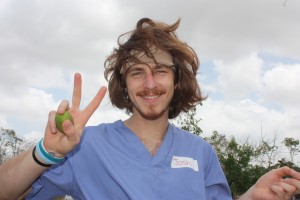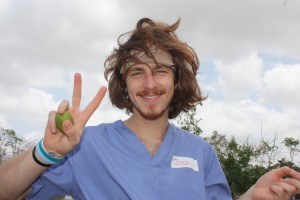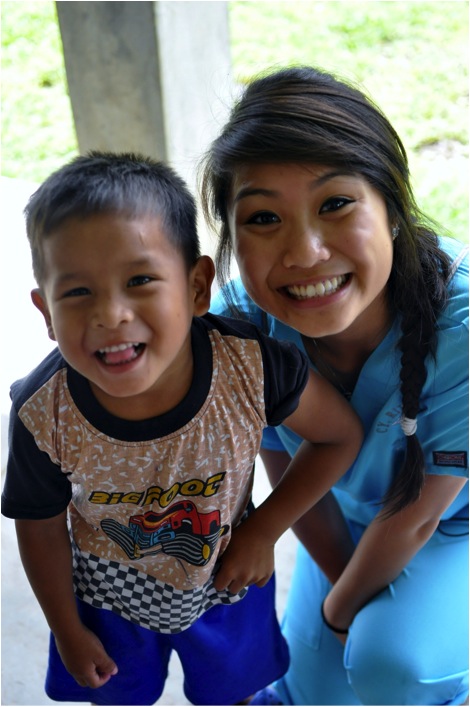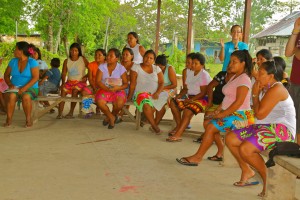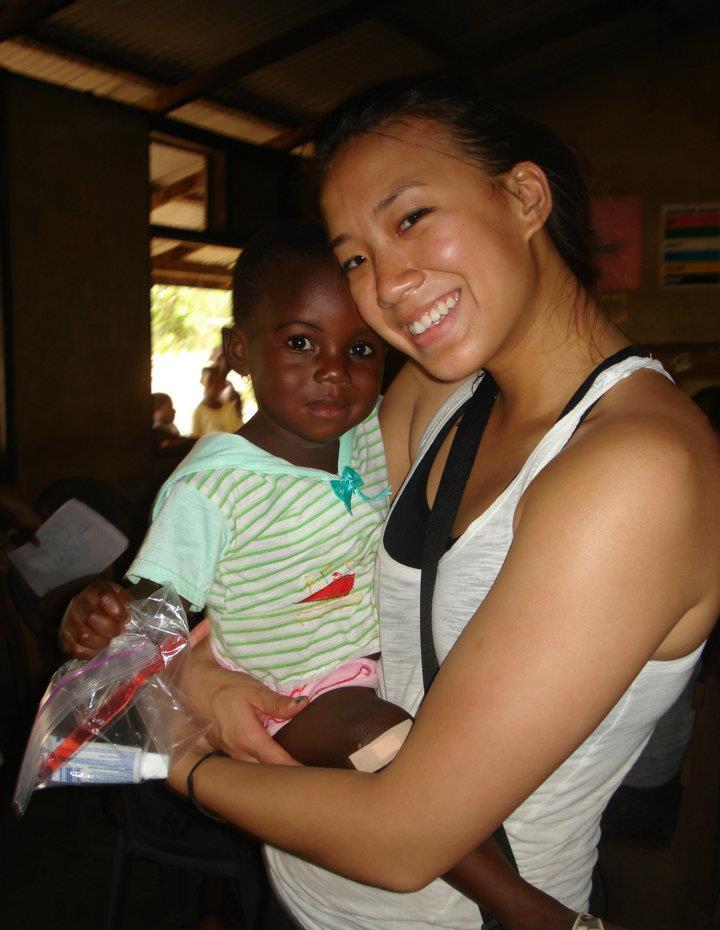Each week we bring you the story and perspective of one of our outstanding Brigaders. This week, meet Josh Sparago, a Medical Brigader from UC Santa Cruz who recently participated in a Medical Brigade in an indigenous community in Panama.
—–
My experience in Panama with Medical Brigades was one of the most influential opportunities I have ever participated in. I decided to go on this trip without knowing what Panama truly represents; I knew that it was in Central America and I could locate it on a map, and it was composed of dense jungle, but I didn’t really know anything else. Panama, in my mind, was this foreign land too foreign to comprehend. However, after spending a week in the beautiful country, working and treating local patients around rural communities of the Darien and Panama Districts, I acquired a sense of compassion and fondness for the individuals we interacted with and for the country as a whole.
Upon spending a day in an indigenous Kuna village called Wagandi, we learned how the Kuna people live on a daily basis. One thing in particular that stands out in my mind is the fact that they do not have easy access to clean water. Every morning, the men walk two hours to a river to get water for the village, but even that water is not entirely drinkable. As we witnessed during the brigades, not having access to purified water leads to a multitude of health problems, such as skin rashes, dehydration, and intestinal parasites. These impairments are a major problem among the Kuna people, and they are all a product of the lack of a sustainable water system. This predicament has lingered in my mind every day since I’ve been back. This necessity seems so simple; implement a sustainable water system and alleviate all the problems related to contaminated water. It seems as though if clean water were accessible, the health problems would decrease, and other aspects of their lives, such as school for the children, daily work around the village, etc., would be more effective and less hindered by physical impairments. Panama’s Ministry of Public Health, with assistance from the U.S., built a water tower next to the village of Wagandi; a large, green, seemingly out-of-place structure that would offer clean water, exponentially improving these people’s lives. However, for whatever reason, the U.S. And Ministry of Public Health bailed on Wagandi, leaving a completely useless tower standing over their village that represents nothing but false hope for a healthier life. This incident continues to frustrate me today, and I would really like to see a Global Water Brigade take place in Panama!
Despite this situation, however, the people of Wagandi are extremely happy and maintain a major sense of community. They welcomed us Americans with open arms and made us feel right at home, with smiles from the women and laughter and curious questions from the children. While spending time with one of the families, I asked Deisy, an 11 year old girl who is incredibly intelligent and eager to learn, what she knew about people from the United States. She smiled and said, “All I know is that they help people.” This response was completely unexpected, and although it is not entirely true, I’m glad she was able to realize that the North Americans she had met were only there to help her and her community.
Overall, I would have to say that my time spent in Panama was well worth it, many times over. I did have a minor issue-I broke my wrist on the last brigade day while playing soccer with school children on cement, but everyone at Global Brigades took amazing care of me. However, breaking my wrist wasn’t enough to alter my thoughts about the entire experience. If I could, I would go back in a heartbeat. I have always considered joining the Peace Corps or a similar program after I graduate from college, but after going to Panama I don’t see how I could do anything except spend my time helping others. I was fortunate enough to be born into a safe, healthy, and comfortable life, and I believe that no one should be deprived of that lifestyle no matter where they live. Volunteering has always been a big part of my life, but this experience took it to a whole new level.

